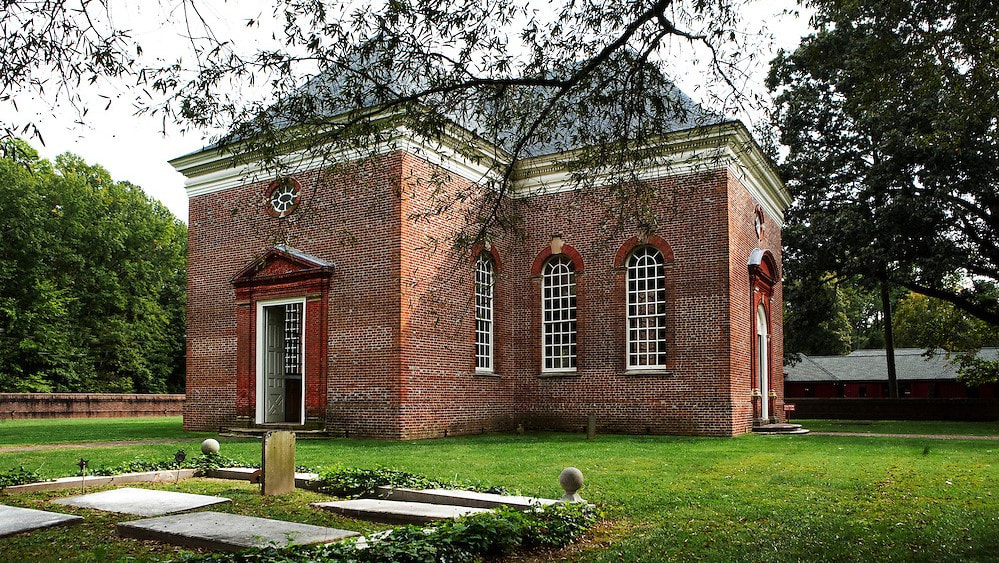|
We have perhaps imbibed a little too heavily of the libertarian likker here at the South of late, believing naively that when a need arises, ‘the market’ will spontaneously act to meet that need. This is not an ironclad law by any means. Especially when it comes to the creation and preservation of a people’s culture, strong leadership that is willing to undergo hardships and sacrifices, rather than acquiesce to the soft seductions of monetary profits and related interests, is often needed. Serbian and Southern history again intertwine to illustrate this for us. We begin with Stefan Lazarevic (+1427; also called Stefan the Tall), the son of the Great Martyr at the Battle of Kosovo Polje, Prince Lazar (+1389). Serbia had been crushed by the Muslim Turks; if decisive action were not taken, Serbia’s Christian identity itself was at risk of being lost. Thankfully for the Serbian people, the very young Stefan did not shrink back but took upon himself the difficult task of putting the shattered pieces of the Serbian ethnos back together again:
A parallel may be seen in the way Dixie had to pull herself together after falling to the Yanks in the War:
But a leader’s work does not end simply because the clash of swords has ceased. The well-being of a people is not secure without the protection and enhancement of their cultural edifice. Just as a man needs a home to dwell in, so a community of men needs a culture to live within. St Stefan’s example is helpful and very multifaceted:
We see the same activity in the older generations of the South. Robert ‘King’ Carter of colonial Virginia, and his father, John, built the famous Christ Church in the 17th century, which still stands. Nineteenth-century Louisiana produced two notable examples of cultural crafting in Francois Valcour Aimé and Charles Gayarré. Among the acts of Mr Aimé are these:
About Mr Gayarré, we find that he contributed the following:
As these and other examples show, a beautiful culture does not arise from ‘spontaneous free market forces’ any more than a beautiful, orderly cosmos arises from the random collision of individual atoms. Focused, determined leaders willing to sacrifice their fortunes and energies, confront grief and pain, and so forth are essential. But the allure of money, comfort, ‘fun’, and other such modernisms (not to mention the lies of Yankees and others about Southern culture) has dissipated the ability of Dixie’s folk to perpetuate the leadership needed to build and maintain such a culture. It is all the more imperative, then, to look back into the past – our own, as well as that of other Christian countries like Serbia – to draw inspiration and practical lessons for the difficult task of re-establishing a vibrant Christian culture in our beloved Southland. A great champion of Georgian national autonomy, Mr Ilia Chavchavadze (+1907; canonized as St Ilia the Righteous in 1987 by the Georgian Orthodox Church) identifies the three fundamental strands of a people’s cultural tapestry and then asks a pertinent question about them:
This is precisely the question we must ask ourselves as Southerners.
0 Comments
Leave a Reply. |
AuthorWalt Garlington is a chemical engineer turned writer (and, when able, a planter). He makes his home in Louisiana and is editor of the 'Confiteri: A Southern Perspective' web site. Archives
July 2024
|

